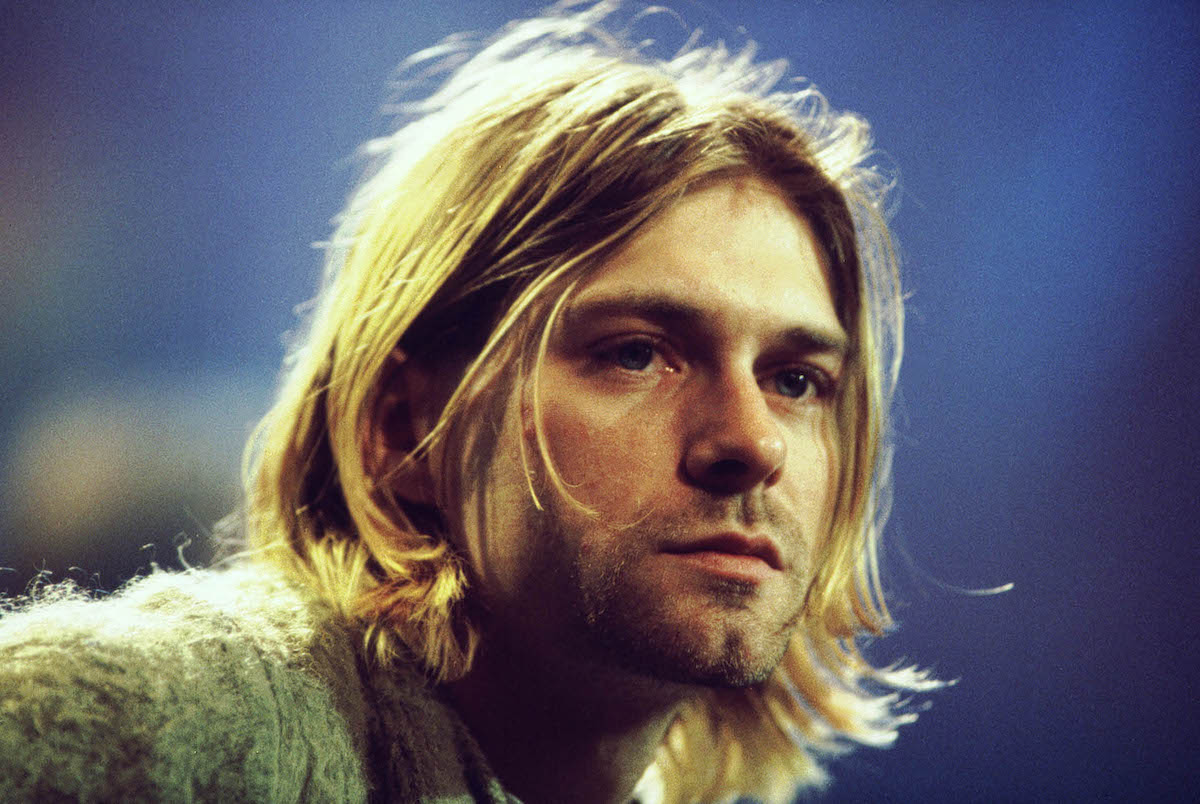Neil Young Tried to Contact Kurt Cobain With a Specific Message Before He Died By Suicide
From the outside looking in, it wouldn’t seem like Neil Young and Kurt Cobain had a lot in common. While they clearly shared musical talent and successful forays into the music industry that left a lasting impression, their most active years were separated by decades.
In many ways, however, Young — who was known as the “Godfather of Grunge” — was a kind of mentor for the younger Cobain, and that influential relationship impacted both men. While they may have had an unlikely connection, it left them with an intertwined path.
In fact, Cobain mentioned Young in his suicide letter and knowing that has left the older singer shaken to this day.
Neil Young has built an impressive musical legacy
Young was born in Canada in 1945 and by the 1960s, he had relocated to the United States and was actively pursuing a music career that would eventually go down in history. He rose to fame as both a solo performer and a member of Crosby, Stills, Nash, and Young.
As Biography.com reports, Young’s relationship with the rest of the band members — especially David Crosby — became strained, and he decided to focus more fully on a solo career.
In 1970 and 1971, Young released a pair of albums that are widely regarded as his best work. Both After the Gold Rush and Harvest stand out as particularly strong albums that have helped solidify Young’s status as a Rock and Roll Hall of Fame member. Following this success, however, Young faced some personal struggles including having a child with cerebral palsy (which required his Academy Award-winning girlfriend, Carrie Snodgress, to leave her acting career in order to provide care for their son) and the loss of a friend and former bandmate to drug overdose.
Young came back from the slump, however, and furthered his legacy with both musical and philanthropic contributions.
Kurt Cobain had a short but notable musical career

Born in 1967 in Washington, Cobain had a troubled childhood that included first bouncing between his divorced parents and then living a nomadic lifestyle in order to avoid battles at home, as Biography.com reports. By his late teens, he had found the punk rock music scene and was deeply invested in it, but he was also already battling substance abuse issues that would follow him throughout his life.
In 1988, he founded the band Nirvana, and the Seattle-based band released Bleach in 1989. Soon, the band would undergo some changes, adding Dave Grohl to the lineup.
Their 1991 album Nevermind would go on to become one of the most iconic grunge albums of all time. “Smells Like Teen Spirit” was a runaway success from the album, and the band was thrust into the spotlight in a major way. Cobain struggled with the feeling that he was losing control of his artistic vision amidst the success, and he began using heroin.
Throughout the early 1990s, Cobain was torn between a thriving professional career and a troubling personal life that included marrying fellow rock star Courtney Love, fathering a child, and facing domestic violence charges. While he and Love both struggled with their drug addictions, Cobain’s mental health deteriorated, and in April 1994, he died by suicide after leaving a lengthy letter to his fans, Love, and his daughter.
Kurt Cobain and Neil Young had a connection
Young was undoubtedly an influence for Cobain, and that became clear when Cobain’s suicide letter quoted one of Young’s songs. Cobain wrote, “It’s better to burn out than to fade away,” a lyric from “Hey Hey, My My (Into The Black),” as NME reports.
Young was troubled by the inclusion of the line in the letter: “When he died and left that note, it struck a deep chord inside of me. It f**ked with me.”
Making matters worse was the fact that Young had been trying to get in touch with the troubled singer to give him some much-needed advice: “I, coincidentally, had been trying to reach him. I wanted to talk to him. Tell him only to play when he felt like it.”
Later, as Far Out Magazine reports, Young would release an album that seemed inspired by Cobain. As the magazine explains, Sleeps with the Angels “revolves around mortality, which was influenced by the Nirvana singer losing his life in such tragic circumstances.”
If it hadn’t been for Cobain’s use of Young’s lyrics in his letter, “Young would have likely taken on a different style of project, but he’s a true artist that’s work reflects where he is in life, and the loss of the Nirvana leader left him with no choice but to confront these thoughts that he’d let gather dust.”
How to get help: In the U.S., call the National Suicide Prevention Lifeline at 1-800-273-8255. Or text HOME to 741-741 to connect with a trained crisis counselor at the free Crisis Text Line.


